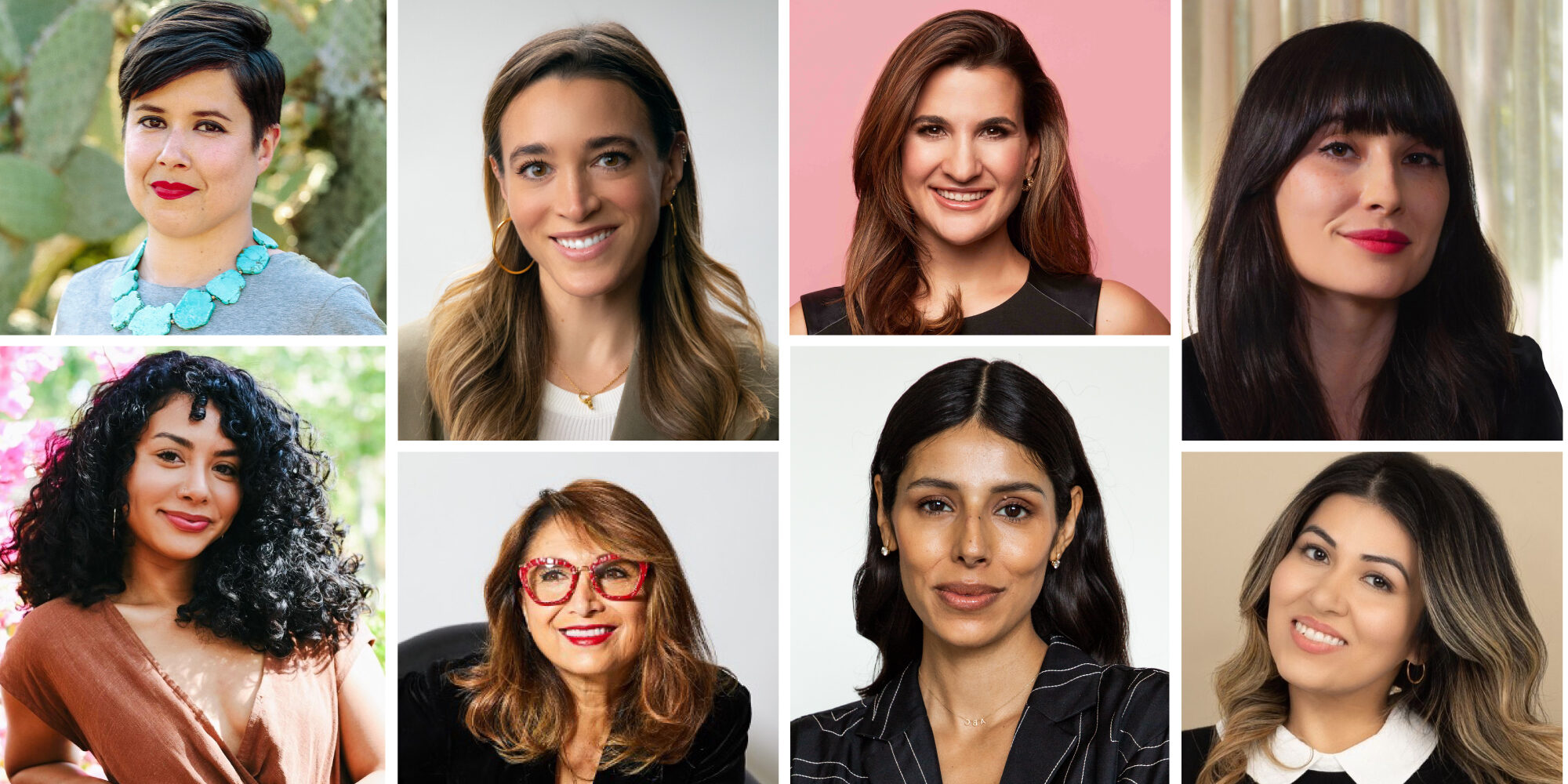
Where Are All The Latinx Women-Founded Beauty Brands With VC Funding?
Sandra Velasquez has bootstrapped Nopalera, her bath and body care brand that launched in November 2020, since its inception. To her, bootstrapping doesn’t mean investing millions or even thousands of dollars in the business.
“I literally started this brand with no money,” says Velasquez. “I paid for my branding with a payment plan that I worked out with my designer, I put things on my Amex, I took out working capital loans.” She continues, “I don’t own a home, I don’t own a car, and I still have student loans to this very day even though my business did $600,000 in sales last year.”
Velasquez is tired of playing it small. Self-funding a brand is often glamorized, but it can hold it back from expansion opportunities. When a friend managed to raise $3 million pre-launch, Velasquez decided she should secure external capital to supercharge Nopalera. She says, “I have so much proof, I’ve already built this, and I need to start raising money because I need real capital to actually scale.”
Velasquez’s aim is to draw $1 million in funding, a milestone sought by Black and Latina founders like herself. There’s a burgeoning group of Black women beauty brand founders that have reached it. Members of it are Golde’s Trinity Mouzon Wofford, Oui The People’s Karen Young, Common Heir’s Angela Ubias, The Lip Bar’s Melissa Butler, Uoma Beauty’s Sharon Chuter and Rebundle’s Ciara Imani May. Reading headlines about those founders, she asked herself: Where are all the venture capital-backed Latinx women beauty entrepreneurs?
It’s not much consolation, but there aren’t none. While there’s no specific data on the number of Latinx women beauty brand founders garnering $1 million or above in funding, it’s incredibly low. Yet, it appears to be inching forward. A few examples are Ceremonia’s Babba Rivera, Habit’s Tai Adaya, Better Not Younger’s Sonsoles Gonzalez, Maude’s Éva Goicochea, Rebecca Alvarez Story’s Bloomi and Common Heir’s Angela Ubias who identifies as half-Black, half-Latina.
According to ProjectDiane, a biennial report on the state of Black and Latinx women founders by the organization Digitalundivided, 90 Latinx women raised over $1 million in venture capital in 2020, double the 2018 amount. In 2020, ProjectDiane estimates 93 Black women raised over $1 million in venture capital, up from 34 in 2018. Female founders received 2% of venture capital funding in the United States last year, PitchBook data shows. Black and Latinx founders, regardless of gender, received around 1.3% and 2%, respectively, of venture capital funding in 2021, per Crunchbase. ProjectDiane figures Black and Latinx women founders received .43% of venture investment in 2020, down from .67% in 2018 to 2019.
The lack of Latinx representation is particularly jarring given the demographics of the U.S., points out Rachel ten Brink, co-founder of early-stage fund Red Bike Capital and fragrance subscription concept Scentbird, which has obtained around $29 million in five rounds. The 2020 U.S. Census found Latinx people account for 18.7% of the U.S. population, making them the largest American minority, and are responsible for 51.1% of the country’s population growth. “Latinos are one of the fastest-growing groups, they start the most businesses, they’re creating jobs, they’re a huge economic powerhouse,” says ten Brink. “They’re also the employees of this country, and they’re not getting supported.”
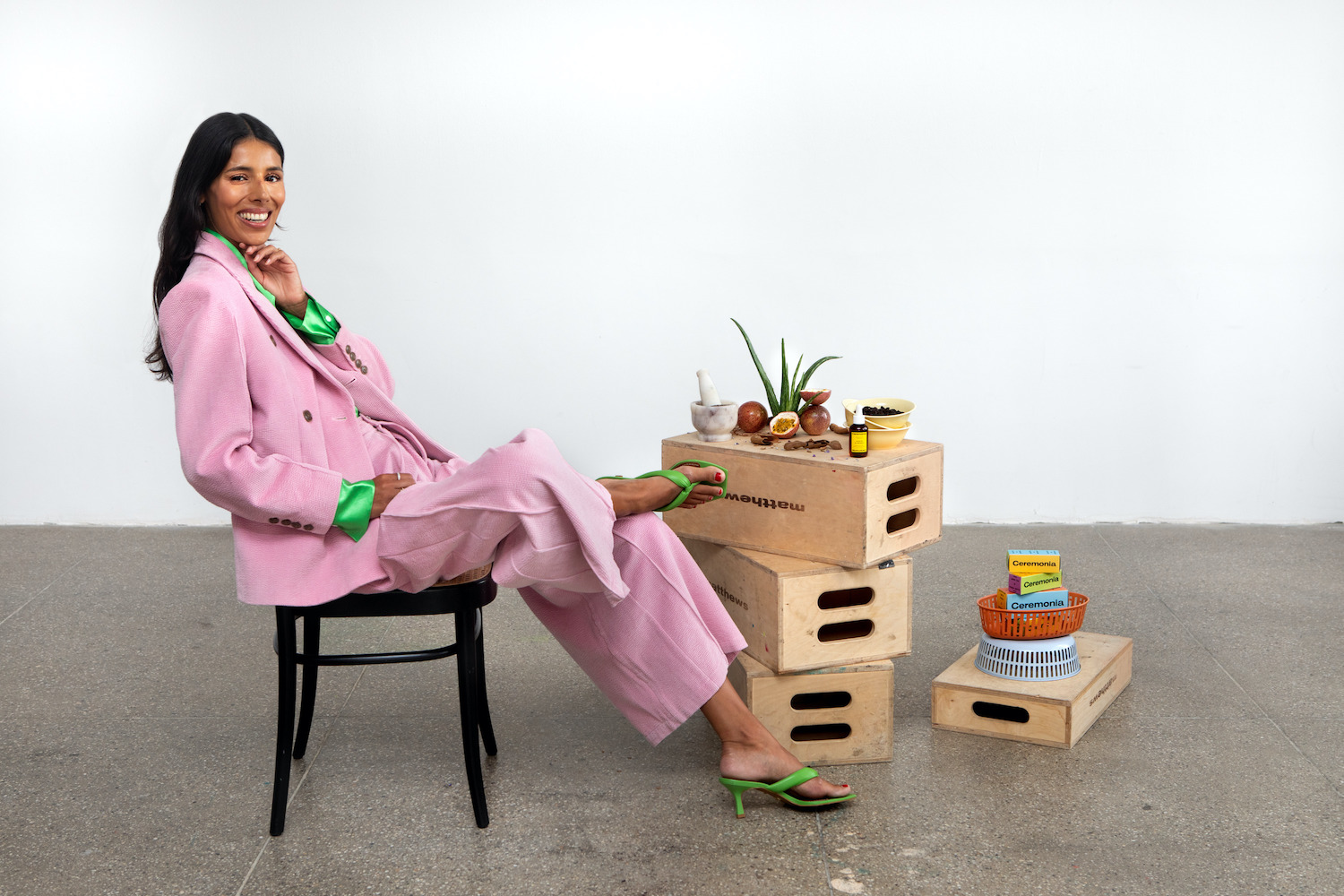
Nielsen reports that multicultural shoppers are driving personal care sales. In particular, Hispanic consumers spent 13% more than the average consumer on beauty and personal care in 2020. Brittany Chavez, founder of e-tailer Shop Latinx, says, “This is a market that is extremely loyal when you earn their trust and that has a lot of buying power as the youngest and fastest-growing demographic in the United States.” By not financing startups that speak to Latinx consumers, Velasquez emphasizes investors are leaving money on the table. She says, “We’re always talking about the white space opportunity, but I’m like, guys, you have got it confused, it’s the brown space opportunity.”
Rivera from Ceremonia raised $1 million in a 2020 pre-seed round and $2 million in a 2021 seed round. Her brand takes a modern approach to traditional Latinx haircare rituals, an angle that proved to be a hard sell to investors. During the fundraising process, she recounts she was met with questions rooted in dated stereotypes and pure racism like, “Why do Latinxs need representation?,” “We understand the Latinx demographic is big, but is the spending power there?,” and “Do they really shop online?”
Because Latinx women are underrepresented in the circles of venture capital-backed companies, identifying success stories she could reference in pitches was a challenge. Rivera says, “That missing narrative plays a major role in the work that I do where often my counterpart VCs wouldn’t always be able to relate to the market opportunity as the problems presented in my pitch were so far from the ones known to them.”
“We’re always talking about the white space opportunity, but I’m like, guys, you have got it confused, it’s the brown space opportunity.”
The investment firms funding Ceremonia include SoGal Ventures, Beliade, XFactor Ventures, Silas Capital, Female Founders Fund, Color Capital and Black Jay Ventures. “They all have portfolios filled with successful female-founded businesses, mom-CEOs and beauty businesses targeting new audiences,” says Rivera. “As such, they have relevant benchmarks to help inform a decision.”
Founders from communities of color often seek out diverse investors for funding. That wasn’t Chavez’s strategy going into fundraising for Shop Latinx’s $1 million pre-seed round, but she shifted to it. “I quickly realized that it is the Black and brown investors that have the higher cultural IQ and the understanding of the value of this market,” she says. “The people that I want to work with are the ones that get it, and those that got it just happen to be Black and Latinx.”
Shop Latinx’s investors include Precursor Ventures, Backstage Capital, Debut Capital, 2PM, Humble Ventures, Hispanics in Philanthropy, Silicon Hills Capital and Techstars. Latinx women beauty brand founders highlight Latinx VC, Fearless Fund, VC Familia, Ovo Fund, Pipeline Angels and Chingona Ventures as other promising funds for Latinx-women startups to look into.
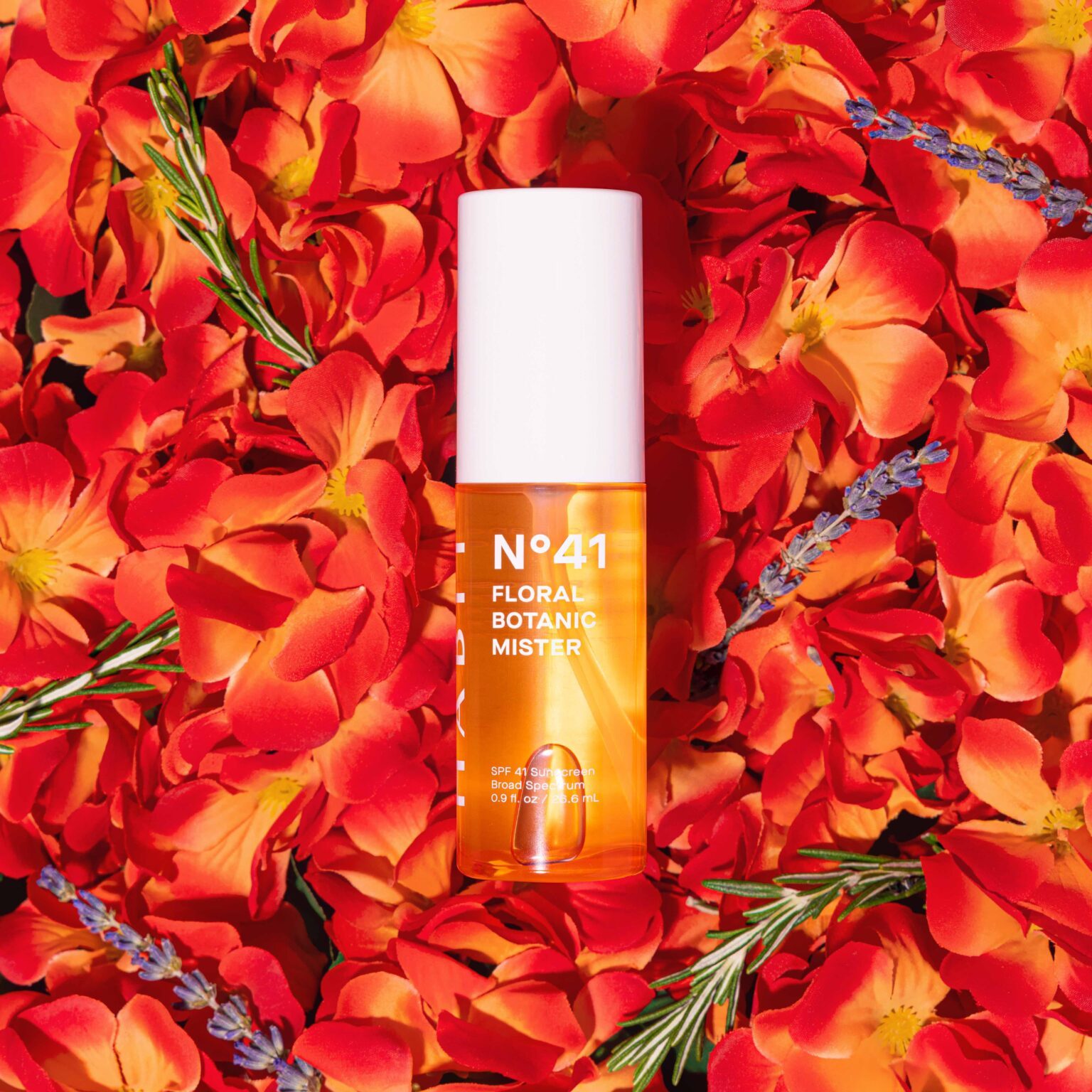
When ten Brink was fundraising for Scentbird about five years ago, she zeroed in on investors with consumer goods expertise. The landscape is much different today, however. “The really smart founders now are looking for that diversity in the cap table because it’s about diversity of thought, it’s about diversity of experience and diversity of networks,” says ten Brink, mentioning 80% of Red Bike Capital’s investments have a woman or diverse founder, although the firm doesn’t explicitly concentrate on them. “A lot of Latinas reach out, but it’s not just about the money, it’s that they want representation,” she says. “They want somebody who looks like them, who thinks like them to help them through the process. They want that value-add.”
Venture capital remains a white-dominated boys club. An Axios analysis from 2020 discovered about 12% of decision makers at venture firms are women. Another analysis found that, when women venture capitalists hold decision-making power, they’re twice as likely than men in similar jobs to invest in female-founded companies. “If you’re going to make actual change, it’s not just about investing in female founders, but it’s also having more female diverse female funders at the table,” says Cristina Nuñez, co-founder and general partner of beauty- and wellness-focused venture capital firm True Beauty Ventures. “Then the two of us can actually lift each other up and the two of us can actually create change.”
“The really smart founders now are looking for that diversity in the cap table because it’s about diversity of thought, it’s about diversity of experience and diversity of networks.”
Adaya from Habit, a sun care brand that’s raised over $1 million, suggests there are downsides to a mixed cap table. One is that the checks tend to be smaller. Rivera once noted that “angel investors have come much further in their bet for diverse founders than traditional VC,” but angels have less money to dole out than institutional funds, pinching diverse founders. In 2020, ProjectDiane approximates Latinx women founders’ median seed round funding total was $200,000. The national median seed round funding for a 2020 startup was $2.5 million. The median seed found for Black women founders was $125,000.
“Most people that are able to raise big rounds come from money,” says Adaya. “I think that is why you see a lot of non-white founders raise smaller rounds because those demographics largely don’t have as much wealth concentrated as white founders. It’s a lot about signaling status.”
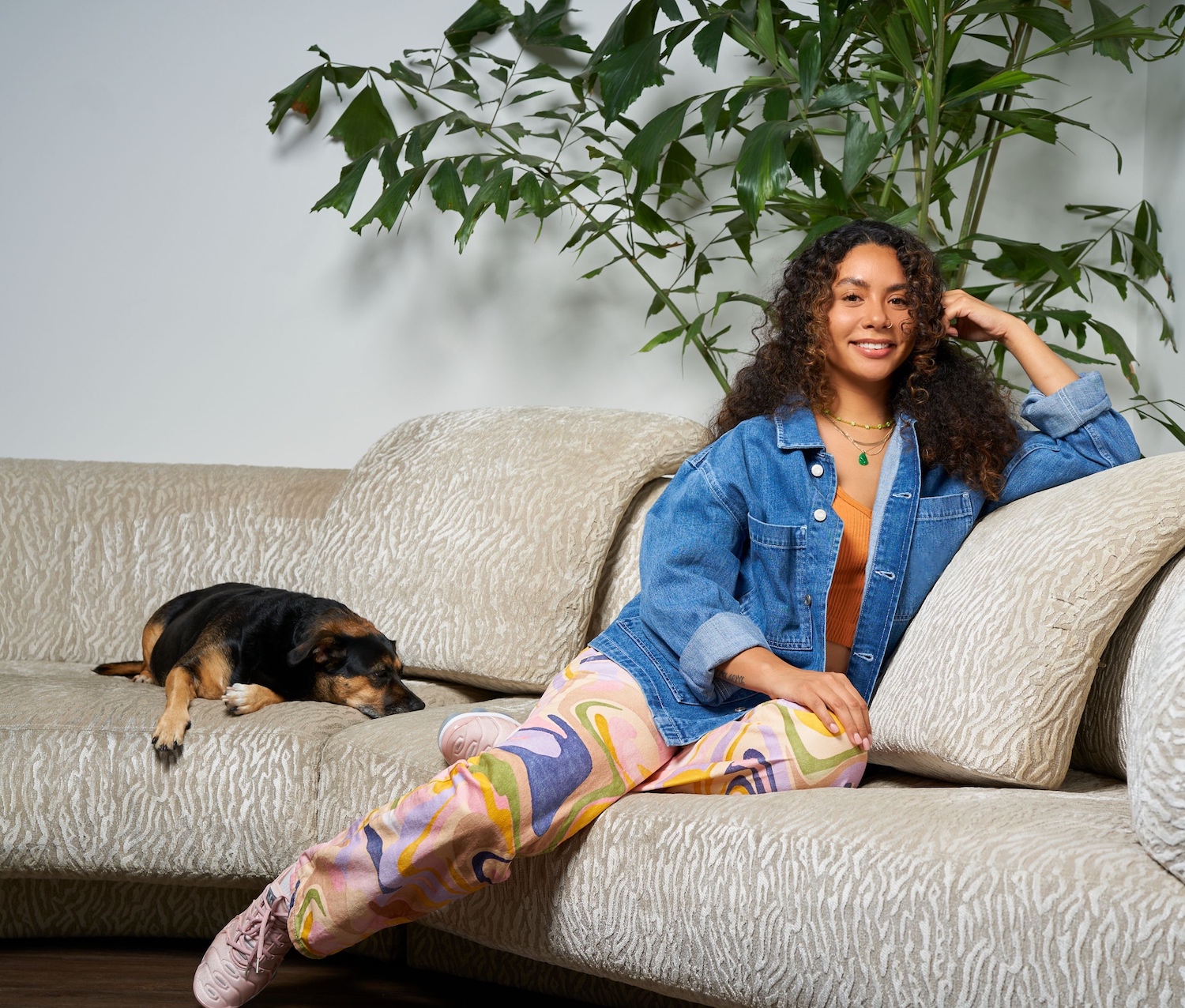
Education credentials contribute to the signaling status issue. ProjectDiane found that over 90% of the Black and Latinx women founders receiving $1 million or more in 2020 had a bachelor’s degree and 50% had graduate degrees. The most-attended universities by Latina founders were Stanford University, UCLA, UC Berkeley and Columbia University. “If you don’t come from certain schools or if you don’t come from a certain network and a certain circle, it’s difficult to access investors, and you won’t get that super warm intro that is sometimes so coveted by a founder,” says Nuñez. Stanford University alumna Adaya concurs, “You have to have this crazy level of credentialing before you can even get the bottom of the barrel.”
Goicochea from Maude doesn’t have what she characterizes as a “traditional” background. As a result, she made moves leading up to fundraising for her sexual wellness brand to obtain education and credentials. Maude has raised $10 million over four rounds, and True Beauty Ventures was the lead in its $5.8 million series A round. Goicochea is one of only 15 Latinx women to secure more than $7 million in venture capital funding. “I took a course at Harvard, I did a summer incubator,” she says. “I tried to immerse myself in the startup world first so that I felt really comfortable with the language and the network, and that’s something anyone can do.”
“If you’re going to make actual change, it’s not just about investing in female founders, but it’s also having more female diverse female funders at the table.”
Female founders of color will always be held to a higher standard, asserts ten Brink, so it’s important to overprepare and overdeliver. “It’s like that Ginger Rogers Fred Astaire quote that says she did everything he did, but she did it backward and in heels,” she says. “You have to mentally prepare yourself that it will be harder, and you will have to perform at a higher bar because that’s just the reality.”
Nuñez encourages Latinx women founders to participate in accelerator programs and find mentors within them. She says they “allow Latina founders to expand their network in ways that they may not be able to do if they were alone.” She advises, “Find mentors that look, think and act differently than you. Sometimes it’s so easy to stay within our own communities, but go out there and find mentors who give you other perspectives, new perspectives.” Ten Brink agrees, saying,“Don’t limit yourself, go bigger, go broader, try to find allies, try to find people who will advocate for you when you’re not in the room. Those are really important things.”
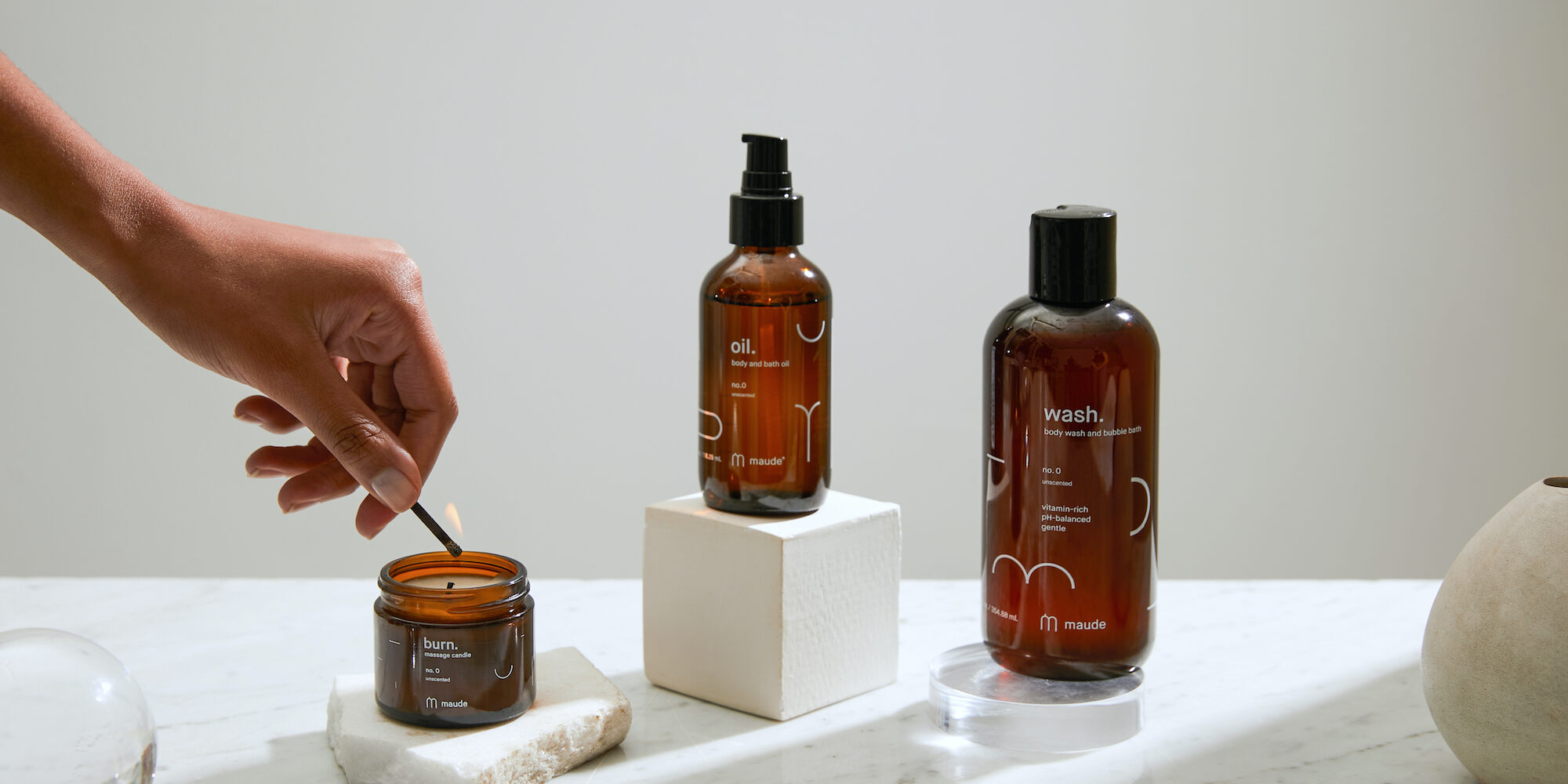
Margarita Arriagada, founder and CEO of luxury makeup brand Valdé, underscores seeking out guidance from fellow Latinx women founders is important as well. When she was chief merchant at Sephora in the 2010s, she wasn’t involved in Latinx or women of color organizations, and she detects the same isolating habits in Latinx women brand founders today. “What’s happening now is that each little founder is sort of working on their own,” she says. “They’re fighting their own battles.”
Velasquez notices the pattern Arriagada describes. “I feel like there’s almost more camaraderie among the Black women founders,” she says. “Why are all the Latina founders not hanging out? Why are we not on a group chat somewhere? It would be great if I had a Latina founder community that I could lean into, but I don’t feel like that exists.”
Last month, Arriagada established the Valdé Latinx Beauty Entrepreneur Grant with the purpose of boosting Latinx-owned businesses along with their community. The winner will receive a $10,000 cash grant and $200,000 in consulting services from companies like The Bonita Project and The Dream Lab. “We have a responsibility to help each other out, to collaborate and break some boundaries in order to drive movement,” says Arriagada. “We’ve got to build a stronger community.”
Velasquez is one of three semi-finalists in the running for the grant. Her goal is to hit the $1 million funding milestone by September, and she’s pursuing women of color investors to do so. Velasquez says, “My small team is predominately Latina, and I feel like this route is aligned with my overall mission of strengthening our community and being able to circulate the money within our community.”
She hopes her story and experience will inspire other Latinx women brand founders. “I might be the first in some of these doors, but I’m not going to be the last,” says Velasquez. “I want to show that a normal person can go and get funding, create a brand and be successful so that other people can do it too. I want to see more stories about Latina founders who succeed in raising over $1 million because, right now, I don’t see those articles.”
KEY TAKEAWAYS
- The number of Latinx women beauty entrepreneurs who've raised $1 million in funding or above is incredibly small. A few examples are Ceremonia's Babba Rivera, Habit's Tai Adaya, Better Not Younger's Sonsoles Gonzalez and Maude's Éva Goicochea.
- The lack of funding for Latinx women-founded beauty brands is particularly jarring given the demographics of the United States and Latinx women's spending on beauty.
- According to the Census, Latinx people account for 18.7% of the U.S. population and are responsible for 51.1% of its growth.
- Nielsen estimates Hispanic consumers spent 13% more than the average consumer on beauty and personal care in 2020.
- In a white male-dominated venture capital field, Latinx women brand founders face a dearth of understanding of their products and outright racism as they fundraise.
- Founders from communities of color often seek out diverse investors for funding. However, that strategy limits their pool of funders and funding.
- Change will come at least in part from having more women and women of color in positions of power at venture capital firms.
- Latinx beauty entrepreneurs are encouraged to participate in accelerator programs and find mentors in them.
- Latinx women in beauty are looking to support each other. Margarita Arriagada, founder of Valdé, established the Valdé Latinx Beauty Entrepreneur Grant with the purpose of boosting Latinx-owned businesses along with their community.



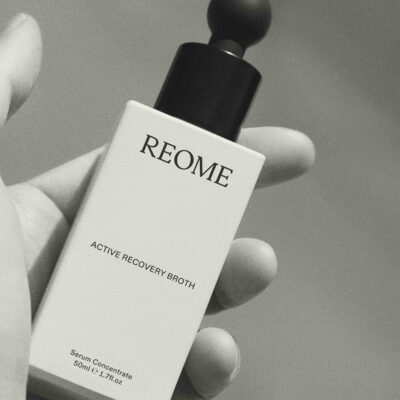
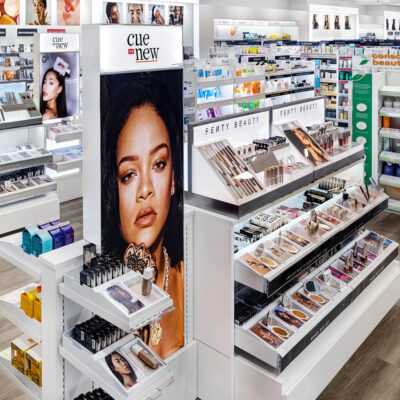
Leave a Reply
You must be logged in to post a comment.